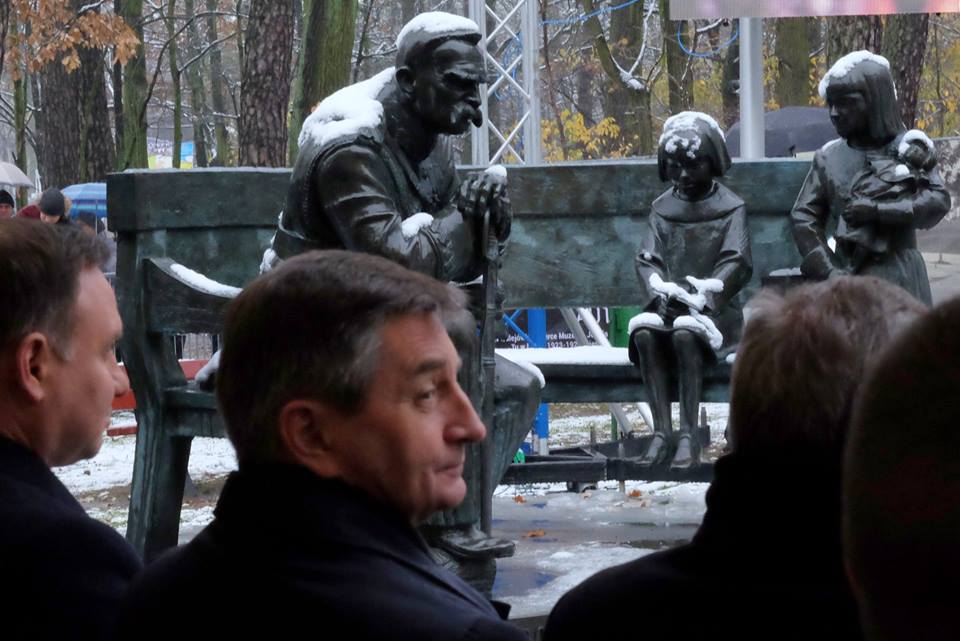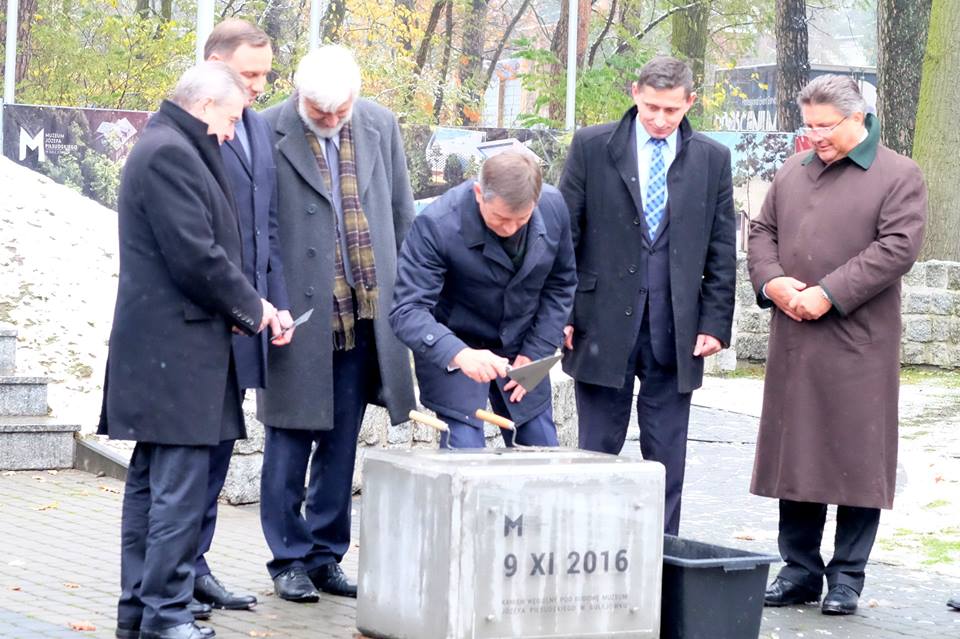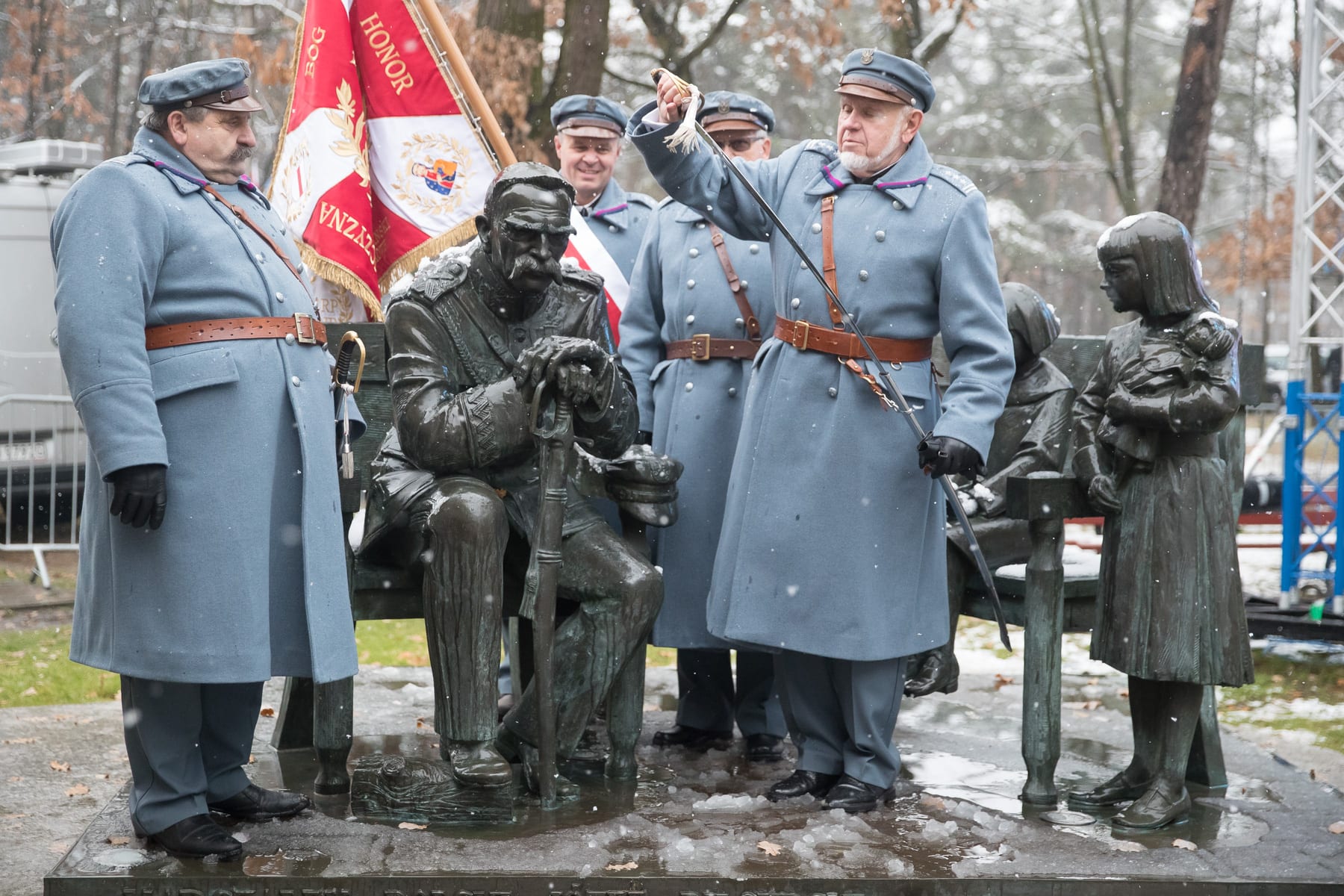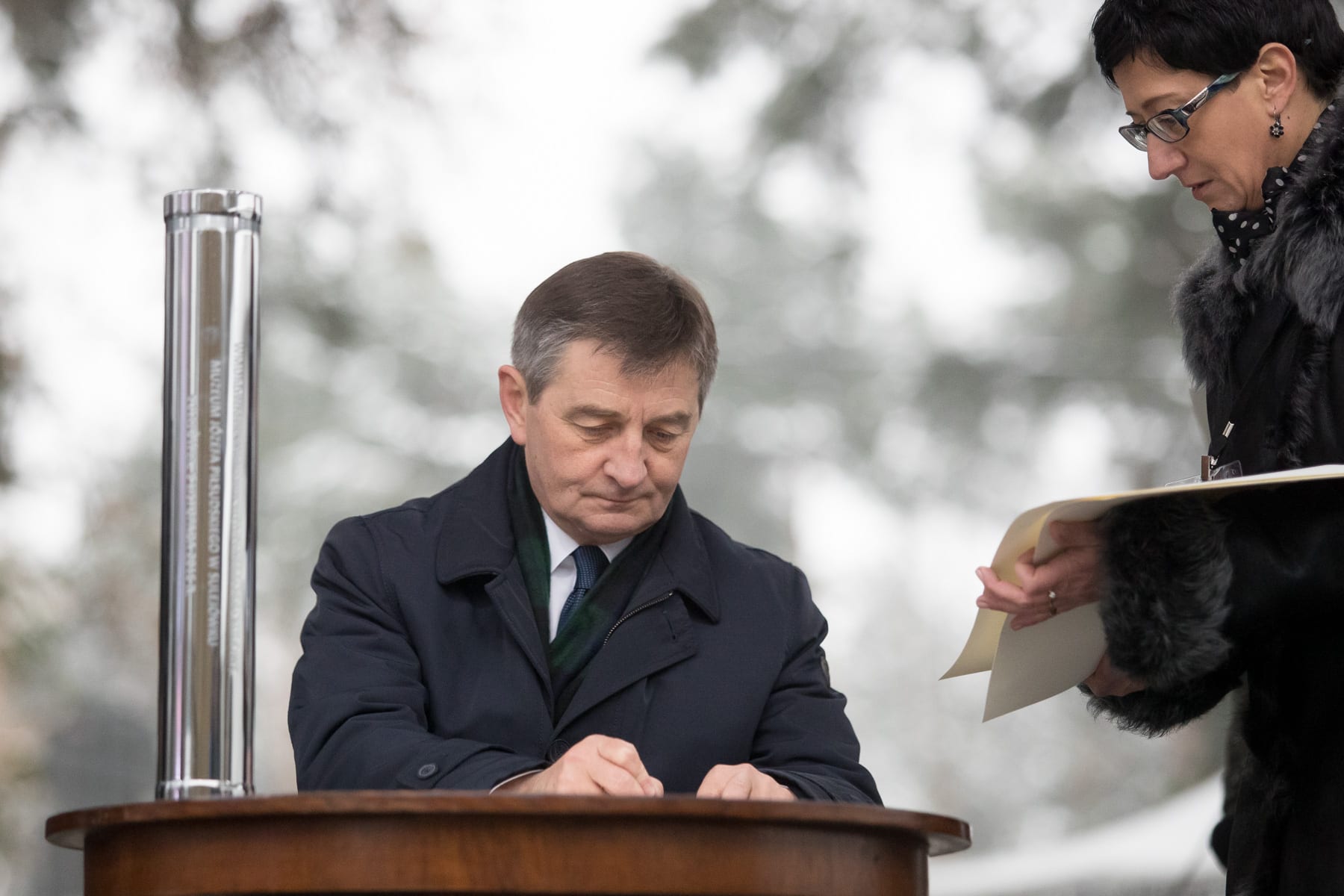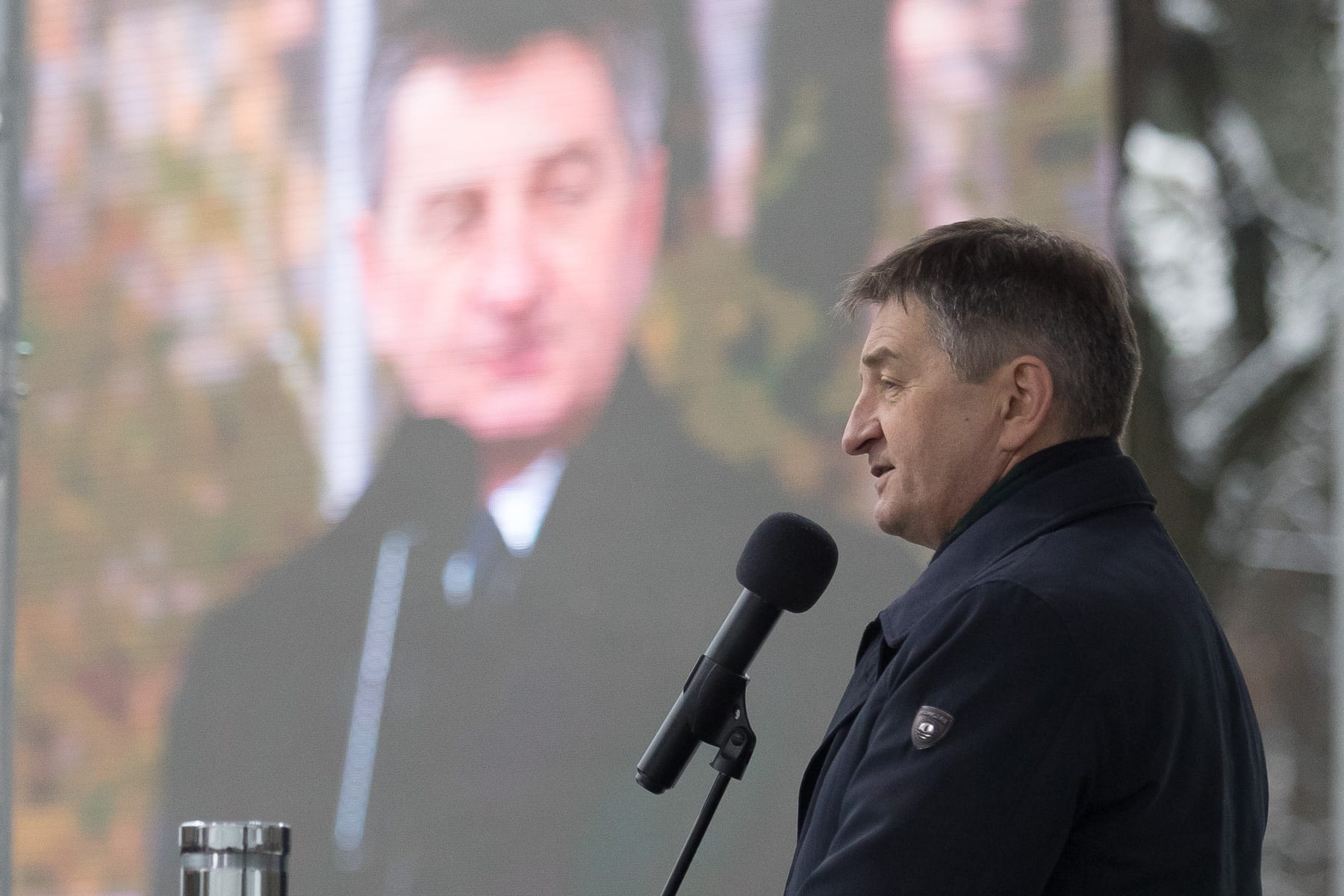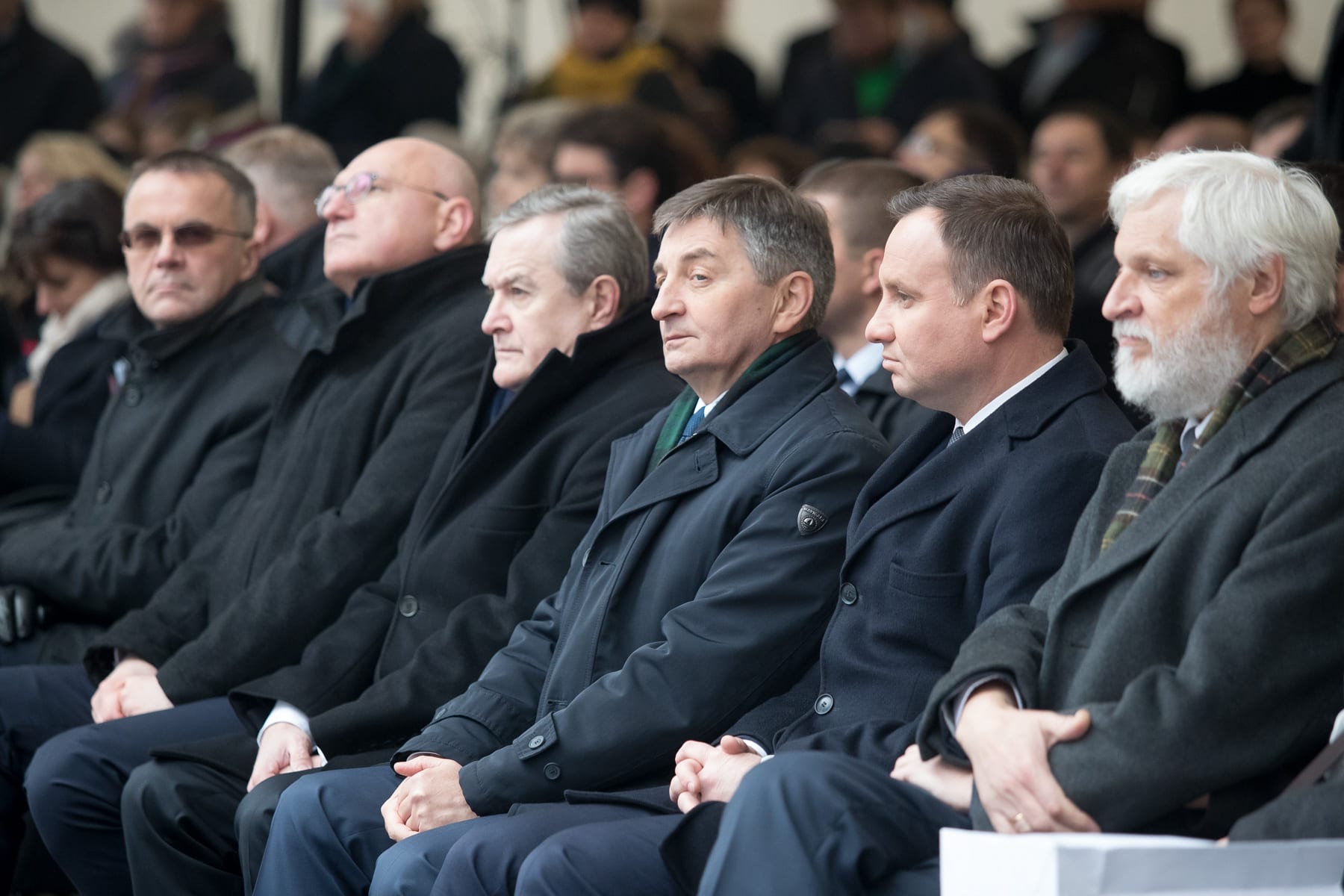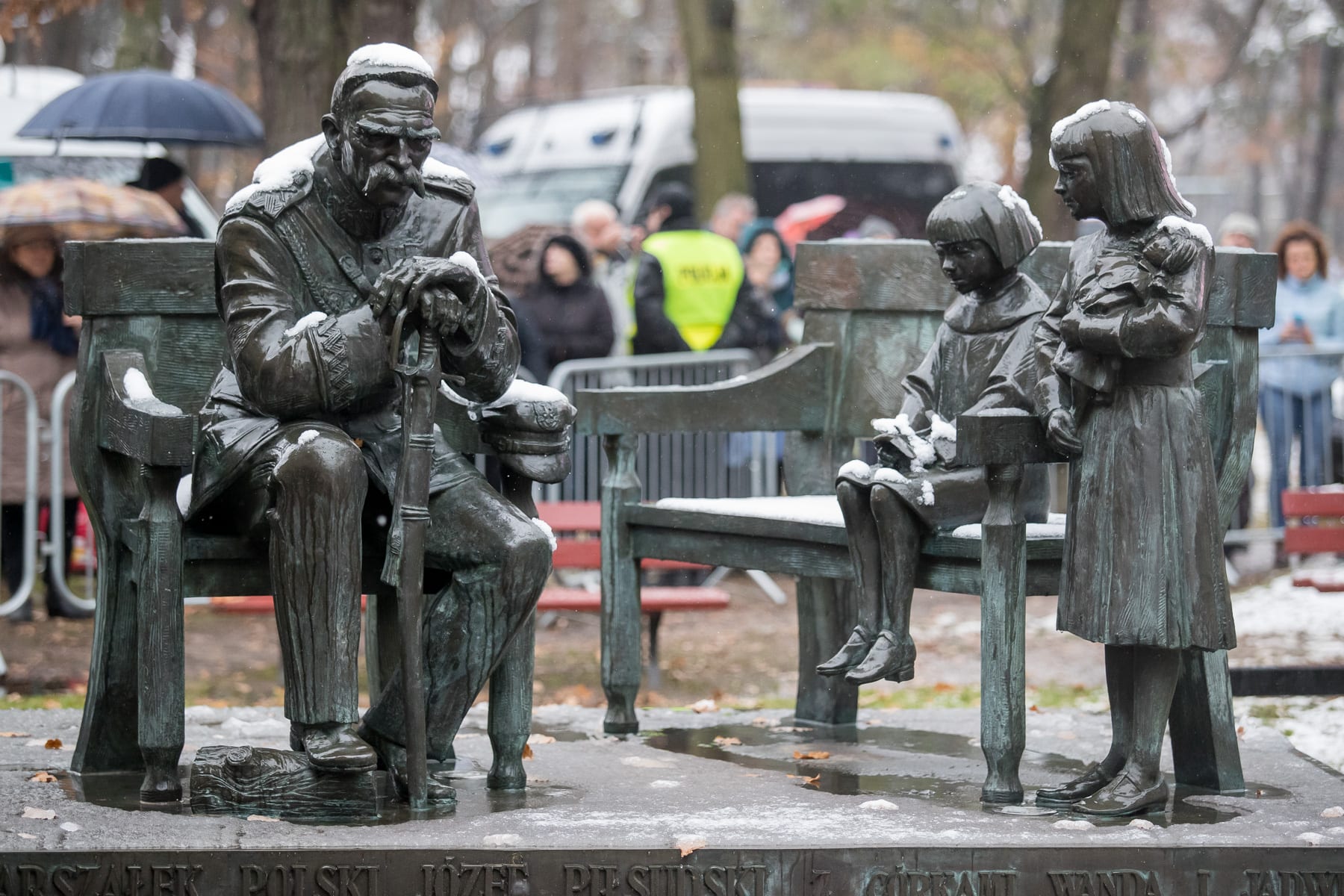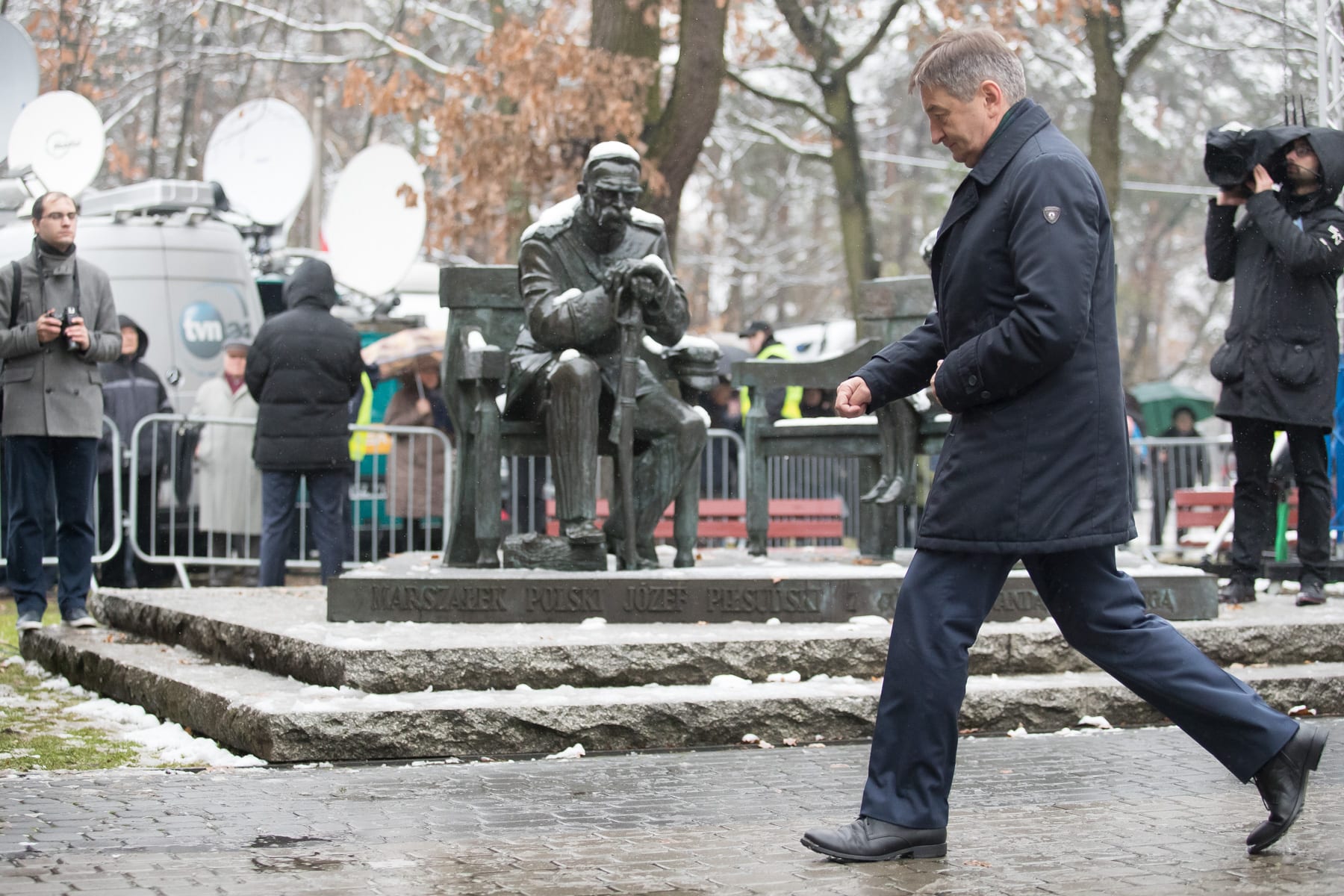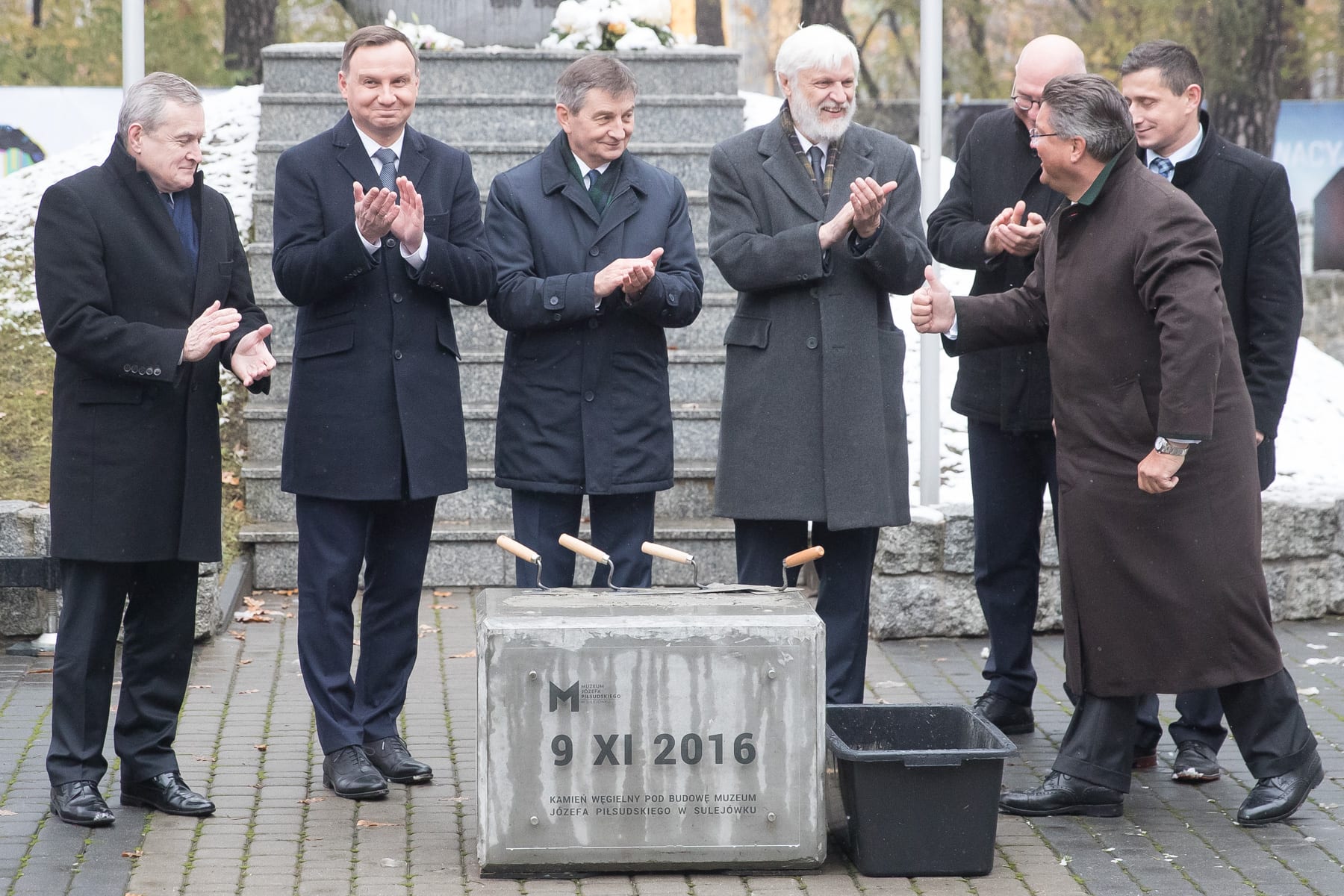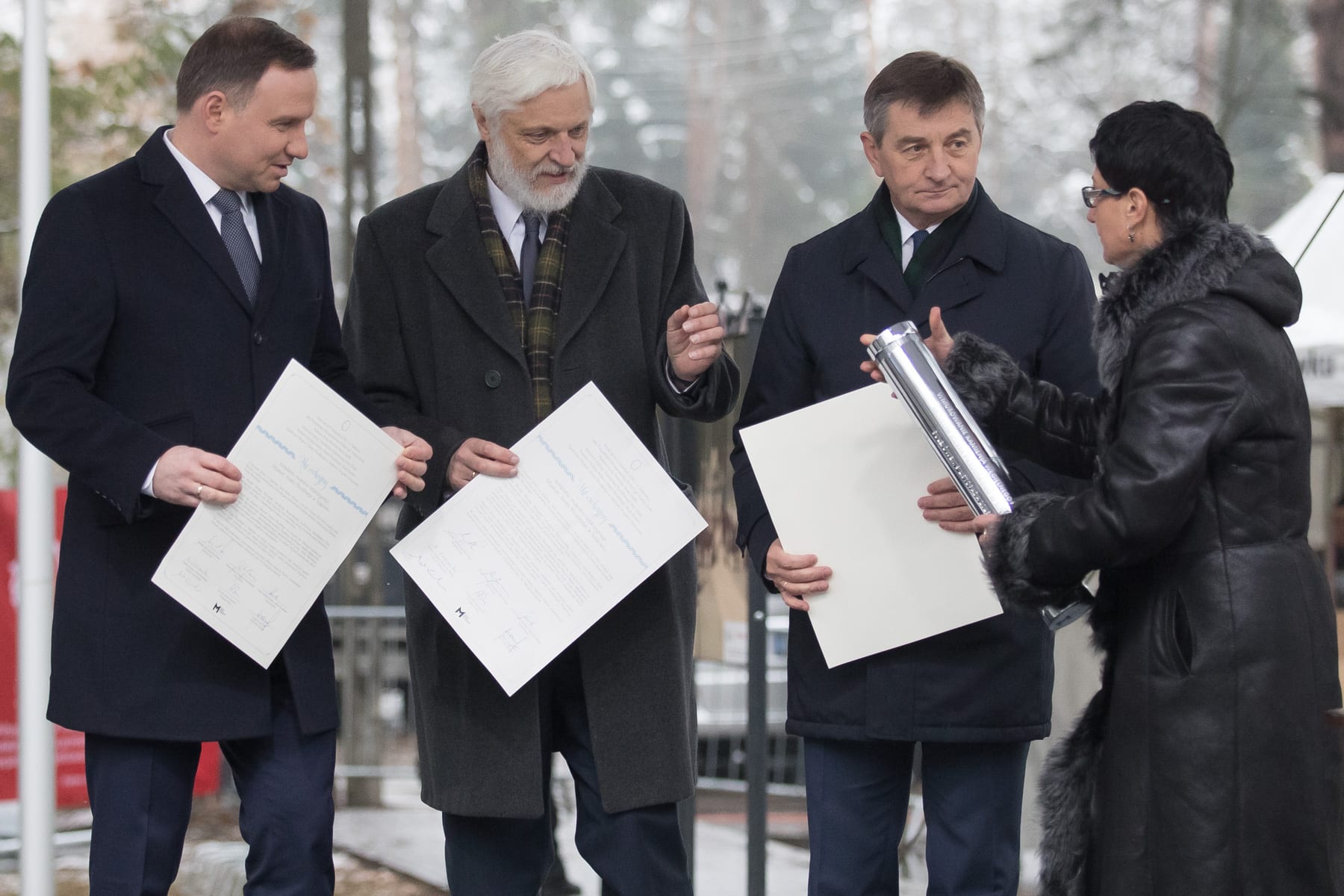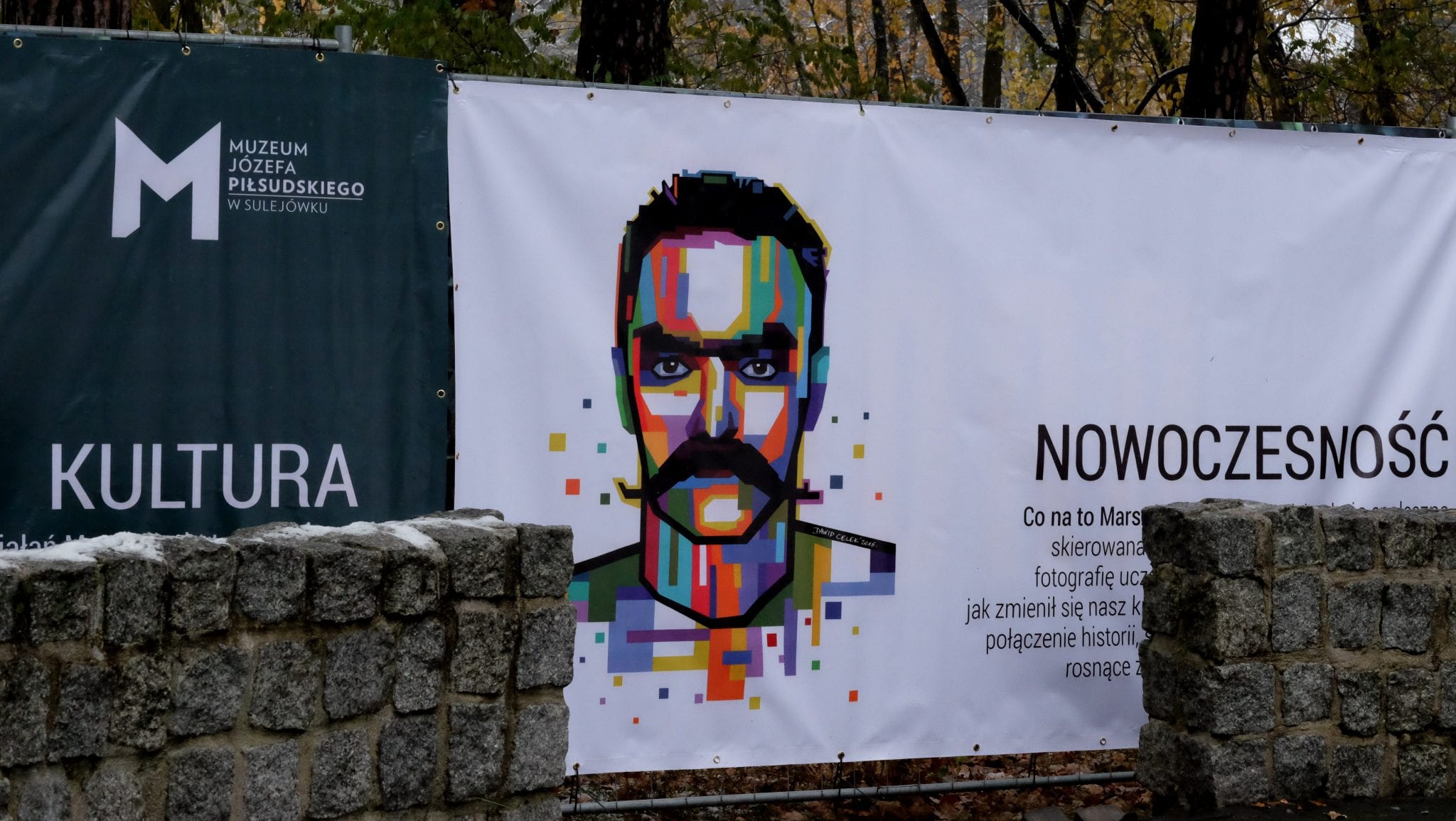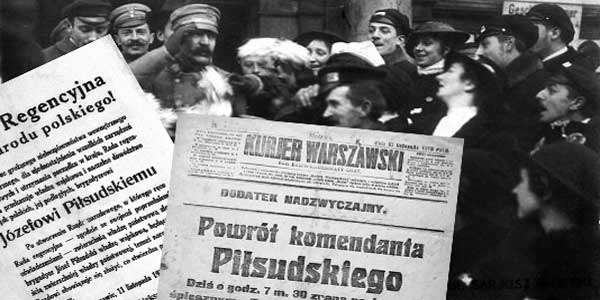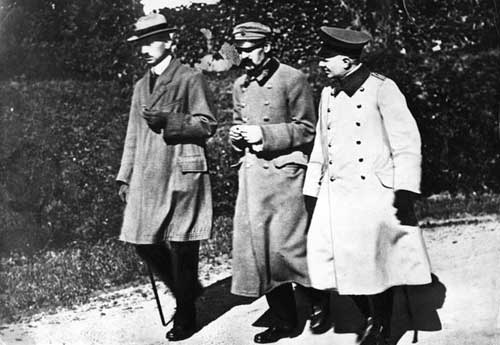The communist authorities put Milusin at the disposal of the Soviet ambassador... After 1989, 27 years had to pass for us to live to see such a moment only today," Marek Kuchciński said today during the ceremony of laying the cornerstone for the Jozef Pilsudski Museum in Sulejówek.
Sulejówek in Polish history is not only the historical home of Marshal Jozef Pilsudski and his Family in 1923-1926, but also a symbolic place," the Marshal began his speech. First, because of the Commander-in-Chief's connection with his legionnaires and then the soldiers of the Republic. It was they who donated the Milusin Manor to the Marshal.
Secondly, because of the great hard work that Jozef Pilsudski did here. His most important works were created here. Here he received politicians, here he received representatives of all social values of the Republic at that time, and from here he set out in 1926 to renew Poland.
Third, for the sake of the later history of the Republic, especially the times after World War II, let us remember that, ironically, the communist authorities put Milusin at the disposal of the ambassador of the Soviet Union.
And fourth, because of the time that has passed since 1989. Because, after all, we had to wait 27 years for this decision and extraordinary ceremony only today.
I wish us all to be part of the opening of the museum in 2018.
There is another important bond of Józef Piłsudski - with the Sejm. We have a common architect. Both buildings were designed by Kazimierz Skórewicz, one of the most prominent European architects of the 1920s and 1930s. It should be remembered that it was Pilsudski, as the Provisional (almost a century ago) Head of State, who made the decision to establish the Legislative Sejm at the beginning of 1919, which set about repairing Poland," concluded the speech by Marshal Kuchcinski.
In 2018-2019, we will celebrate major anniversaries in parallel, in which the history of the Sejm will overlap with the political biography of Józef Piłsudski.
November is a special month for yet another reason: on November 0, 1918. Jozef Pilsudski returned to Warsaw from prison in Magdeburg (the disarming of German soldiers had begun).
Magdeburg. Jozef Pilsudski released from the Magdeburg Fortress, accompanied by Kazimierz Sosnkowski (left) and a German officer. Photo: Central Military Archives


